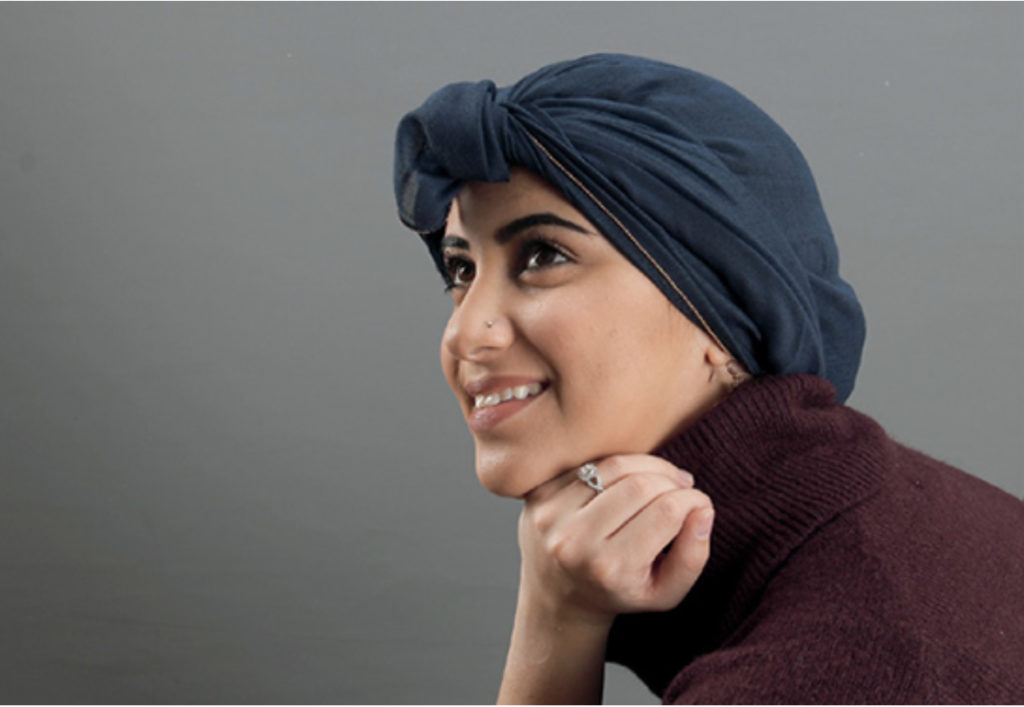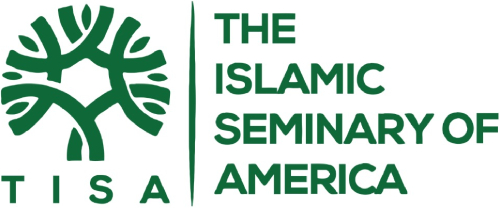We declare our right on this earth . . . to be a human being, to be respected as a human being, to be given the rights of a human being in this society, on this earth, in this day, which we intend to bring into existence by any means necessary.
—Malcolm X
In Islam, all of humanity is equal in the eyes of God. Righteousness and good actions are the only qualities that make someone virtuous, not their race, skin color, lineage, or nationality.
SOURCE: Muslims of the World by Sajjad Shah

Gareth 26, New York, USA
A while ago, I attended a summit sponsored by the Muslim World League in New York City. As I listened to the lectures and presentations, I realized there was something missing: the representation of Muslims like me. Muslims who look, walk, talk, eat, dance, joke, and act just like me. Muslims of African American, Latino American, and European American descent. We were not represented at this conference, as though we weren’t valued members of the “Muslim world.” I stuck out like a sore thumb and felt a deep sense of isolation. It was disrespectful that at a “Muslim World” summit hosted by a Western nation, no Muslims native to this part of the world were represented.
For me, as a Muslim, being universally accepted amongst one’s own international religious community is very important. The ideals of human unity within Islam, taught by both the Quran and the Prophet Muhammad’s (PUBH) life and work, indicate explicitly that all Muslims have an equal stake in the world. However, Muslims from specific segments of the Muslim world—especially those from the Middle East, Muslim countries, and Muslim Majority countries—continue to proliferate a narrative that only Muslims from those regions are valid and deserving members of our community. I have often been excluded from Muslim spaces or ignored because of my status as a Western Muslim of color. My experiences as an African American Muslim man are proof of the stigma Muslims like me face. Regardless of my adherence to the tenets of Islam and the conviction of my religious beliefs, I sometimes fear that I’ll never be accepted as a full-fledged member of the “Muslim World,” simply because I am seen as a product of the Western world. This is a hurtful and frustrating perception with which I struggle on a daily basis.
How can cultural rapprochement be accomplished when Muslims from the United States and Latin America are not even considered members of the Muslim community? Why is it that the Muslim world is only classified as nations from Arabic-speaking countries or Southeast Asia? It’s necessary for all Muslims to finally pay attention to these questions and attempt to answer them.

Reem 23, Chicago, Illinois, USA
I worked at Walgreens as a pharmacy technician, and one day after my shift, I stood outside talking on the phone while I was waiting for my ride. An old man honked at me for five seconds. I was nowhere near him, but he wanted me to move. If you close your eyes for a moment and think about it, five seconds is a really long time. Was this necessary? I didn’t let it get to me—I just moved away, not paying any attention to him. But he got out of his car, walked up to me, and asked me very aggressively if I worked at the Walgreens. I chose to respond in a respectful way, despite his tone. I told him I did, and politely asked him if he needed any assistance finding something. Then he said, “They let you wear that crap on your head? This is America! Take that shit somewhere else or get out of here. You disgrace Walgreens!” Then he threw a cup of water at me.
By then, my brother had arrived at the scene and another man had started to defend me. I just stood there confused and in shock, wondering, “Is this guy serious? Did he just throw water at me because I’m wearing a scarf? A single extra piece of clothing?” I saw that the man was so old that he could barely walk by himself, and I realized that he must have had some serious issues to go out of his way to do what he did to me. But, by being a hijabi, I have a marker on my head that shows I belong to the Muslim faith. Therefore, I chose to act in a sane manner to honor this beautiful religion of mine. I told the man his words didn’t hurt me and that I’d pray for him. I told him I was proud of who I was, and there was nothing he could do or say to change that. I told him that he should be ashamed of his actions.
Afterward, a few people came up to me apologizing on his behalf. I took down his license plate number and tried to collect myself. I realized that the cup of water could have been a cup of hot coffee. He could have had a gun. So many things could have happened differently, but Alhamdulillah, it was just a cup of water.
This is America, a nation of immigrants. I have the right to wear whatever I want. That’s freedom. That’s America.
